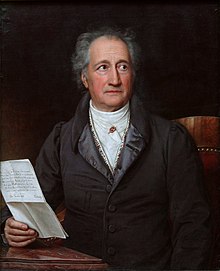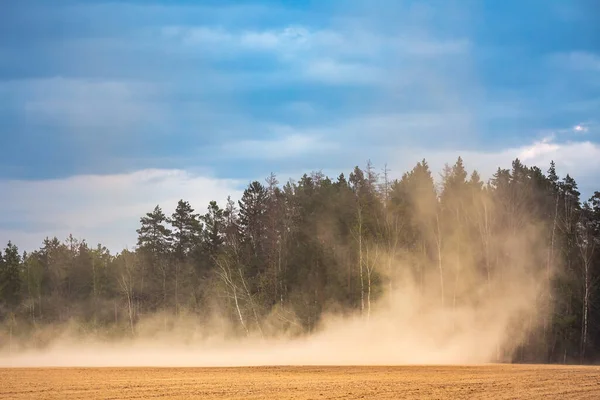Are the mountains our friends? Many decades ago I was snowshoeing through the Sierra Nevada mountain range of California. From the moment I started my backpack, snow began to fall. It fell all through the day, and all night as well. It fell most of the next day, too. By the time the snow stopped falling, four feet of fresh powder blanketed the forest and surrounding peaks. It was beautiful, but challenging. Every landmark was obscured, every point that I might use to center my compass was impossible to see. I had no clear idea where I was.
It was scary. Though I marveled at the magical way in which the snow had transformed the mountain landscape, I was also afraid. Two days of storms had created a world beyond my control: I didn’t know whether I’d ever make it home. As I dug a snow cave, then crawled into it to cook my dinner that night, I reflected on my situation. I’m so small, I thought, so very small. And I’m at my wit’s end: I have no idea where to turn. Though I knew I loved these mountains dearly, I also realized that at this point they were not loving me in return. No longer were they
my friends. Not at all.
But, I quickly caught myself, are these mountains really my enemies? Maybe the deeper problem was that, like most of us, I did not like losing control. I did not like having to admit that I had met part of the natural world which I could not conquer. In previous years I had summitted dozens of mountains, winter, summer, and spring, always mastering obstacles, always overcoming every difficulty to reach the top. I had always been supremely confident in my ability to find my way and succeed.
Now I was not sure I could. As I think about that night today, however, I realize that maybe, just maybe it was that very confidence that was my problem. While by most standards we humans are more intelligent, capable, and moral than other animals, we err if we suppose that this means that we have a right to expect all other things to accede to our every whim and desire. To assert otherwise is delusional. This is a vast, vast universe, rippling with many, many events and phenomena that we may never master or understand completely. And that is fine.
After all, would we really want a world with no mystery or surprise, a world in which every natural system is totally predictable, a world that never exceeds our sense of awe and wonder? Would we really want a world in which adventure could not happen, a world with no natural challenges to master or geological upheavals to overcome? A world without any sense of the unknown?
Unfortunately, in this life, we cannot have one without the other. Yes, we rightly cower before expressions of nature’s potency with which we cannot deal or overcome. And rightly do we weep when lives are lost in natural disasters. Yet at the same time we enjoy being astonished at the glory that the natural world displays for us. From the awe inspiring majesty of high mountains, the compelling emptiness of a distant desert, the verdant expanse of a boreal forest, or the enduring bliss of the open sea, we rejoice and delight in all that the planet has for us. Its beauty is one of our greatest treasures.
And it's no accident.











